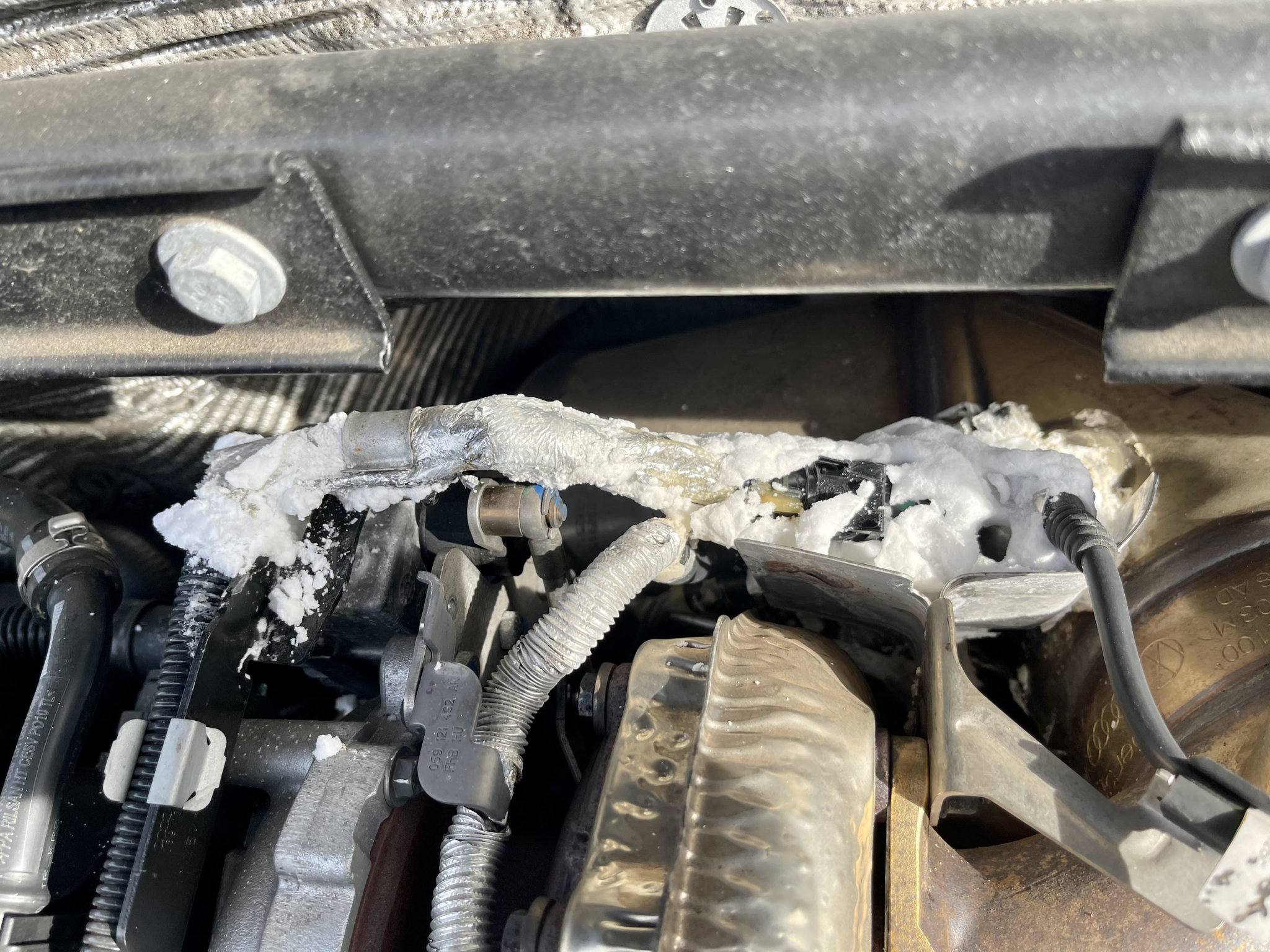AdBlue is a vital fluid used in many modern diesel vehicles to help reduce harmful emissions. As environmental regulations tighten, manufacturers have turned to innovative solutions like AdBlue to meet these standards. This solution consists mostly of deionized water and urea, a compound derived from ammonia. When injected into the exhaust system, AdBlue reacts with harmful nitrogen oxides, converting them into harmless nitrogen and water vapor. This process is crucial for minimizing the environmental impact of diesel engines and complying with stringent emission laws.

For car owners, understanding AdBlue is essential not only for maintaining vehicle performance but also for ensuring compliance with legal requirements. Failure to use AdBlue as intended can result in significant problems, including poor engine performance and potential fines for non-compliance. Some may even consider AdBlue removal, but doing so can lead to serious damage to the vehicle's emission system and ultimately affect its operation. Therefore, embracing AdBlue is not just a choice but a necessity for responsible car ownership in today's world.
Understanding AdBlue: Composition and Function
AdBlue is a high-purity solution composed of 32.5 percent urea and 67.5 percent deionized water. Urea is a nitrogen-containing compound that occurs naturally, and when it is added to diesel engines, it plays a crucial role in reducing harmful emissions. The water in AdBlue helps dissolve the urea and allows it to be injected into the exhaust system of the vehicle.
When AdBlue is injected into the exhaust stream of a diesel engine, it undergoes a chemical reaction in the presence of high temperatures and a catalyst. This reaction converts nitrogen oxides, which are harmful pollutants produced during combustion, into nitrogen and water vapor, both of which are harmless and can be released into the atmosphere. This process is known as selective catalytic reduction, or SCR, and is vital for meeting modern emissions standards.
Using AdBlue not only helps in complying with environmental regulations but also improves the overall efficiency of diesel engines. By reducing emissions, cars equipped with SCR systems can deliver better fuel economy and perform more cleanly. Therefore, understanding the role and composition of AdBlue is essential for vehicle owners who want to maintain their cars performance and adhere to regulations.
Consequences of AdBlue Removal
Removing AdBlue from a vehicle can lead to significant consequences for both performance and legality. One of the primary impacts is the trigger of warning lights on the dashboard, which notifies the driver of issues related to emissions control systems. This can result in a decrease in vehicle performance, as many modern diesel engines rely on AdBlue injection to optimize fuel efficiency and minimize harmful emissions. Without AdBlue, the engine management system may limit power output or even prevent the engine from starting altogether, which can be frustrating for drivers.
Another critical consequence is the potential for legal ramifications. knperformance is an essential component of emissions compliance for diesel vehicles, especially in regions with strict environmental regulations. Removing AdBlue can lead to non-compliance with emission standards, resulting in hefty fines or penalties from governing bodies. Additionally, not adhering to these regulations may affect a vehicle's resale value and warranty coverage, as manufacturers expect compliance with their specifications for the vehicle's operation.
Finally, the environmental implications of AdBlue removal cannot be overlooked. AdBlue plays a vital role in reducing nitrogen oxide emissions from diesel engines, contributing to cleaner air quality. By removing AdBlue, a vehicle emits higher levels of these harmful pollutants, exacerbating air pollution issues and potentially harming public health. The long-term effects of increased emissions can have serious consequences for the environment and communities, making AdBlue a crucial component in the battle against climate change and pollution.
Alternative Solutions and Best Practices
Exploring alternative solutions for reducing emissions in diesel engines can lead to innovative approaches that complement or supplement AdBlue usage. One such solution is the adoption of biodiesel, which can help lower nitrogen oxide emissions while providing a renewable energy source. Additionally, engine tuning and modifications can optimize combustion efficiency, resulting in lower emissions and better performance. These alternatives emphasize the importance of continuous advancements in technology and a commitment to environmental responsibility.
Another key practice involves regular maintenance of your vehicle. Keeping the engine clean and ensuring timely oil changes can enhance performance and minimize harmful emissions. It is crucial to check the AdBlue system for leaks or defects and ensure that the dosing system is functioning correctly. Regular inspections can help avoid costly repairs and ensure compliance with emission regulations, making it essential for any diesel vehicle owner.
Lastly, understanding the specifics of AdBlue removal and disposal is important. Properly disposing of used AdBlue containers and ensuring that any waste solutions are handled according to local regulations prevents environmental harm. Educating yourself and others about safe practices not only promotes sustainability but also safeguards community health. By adopting these best practices, vehicle owners can achieve better efficiency and contribute to cleaner air.
